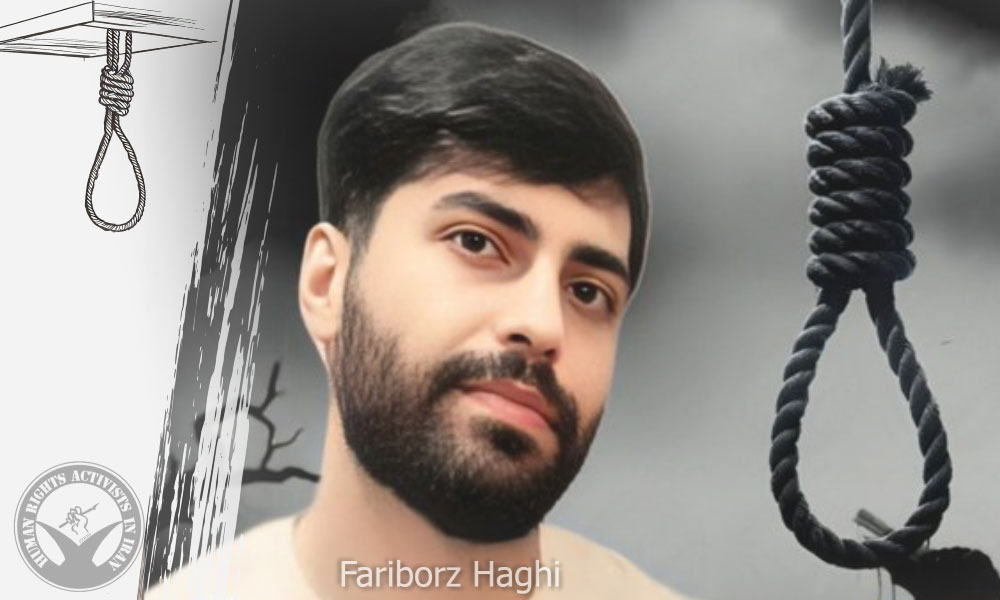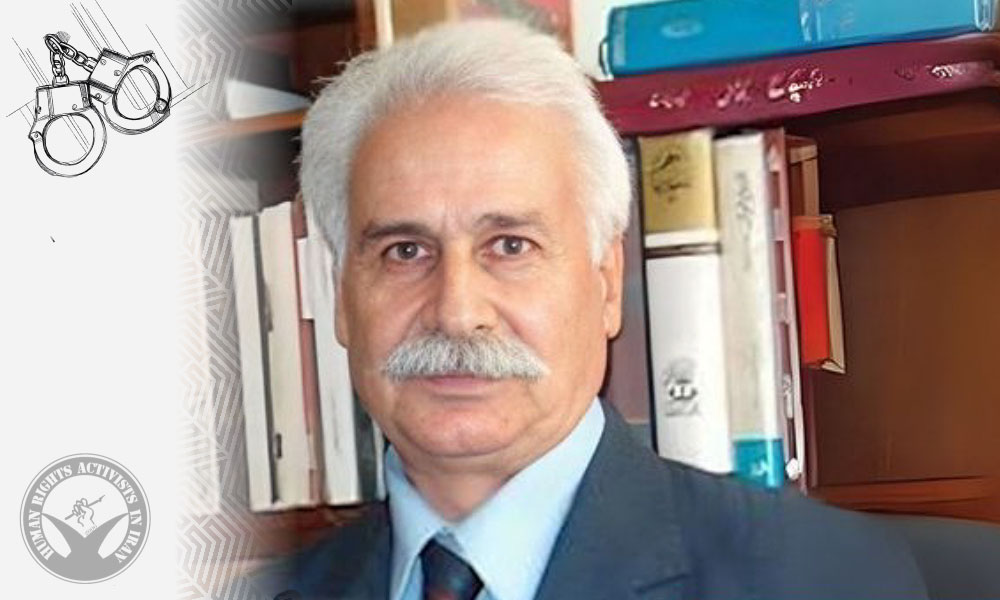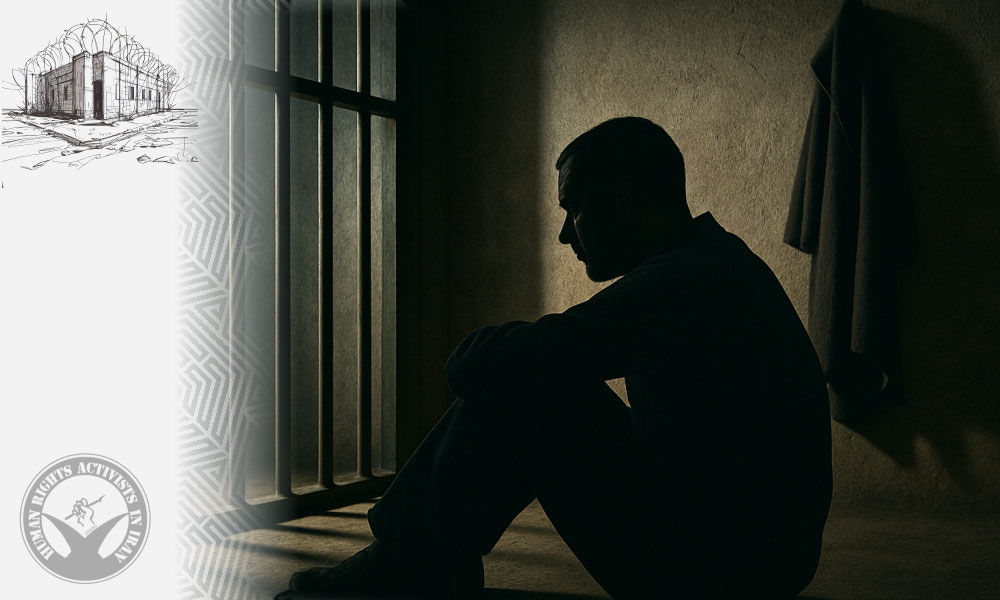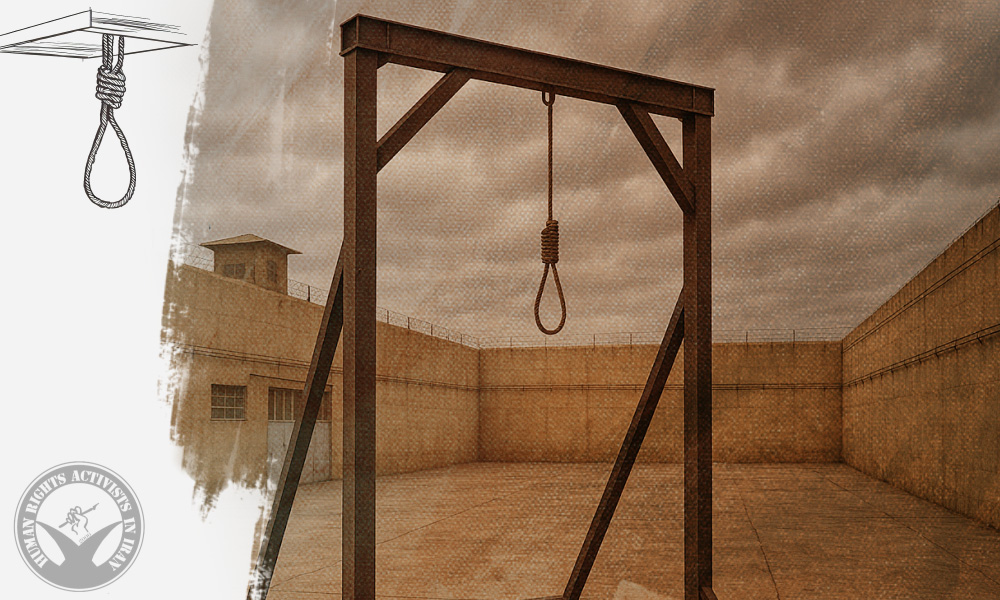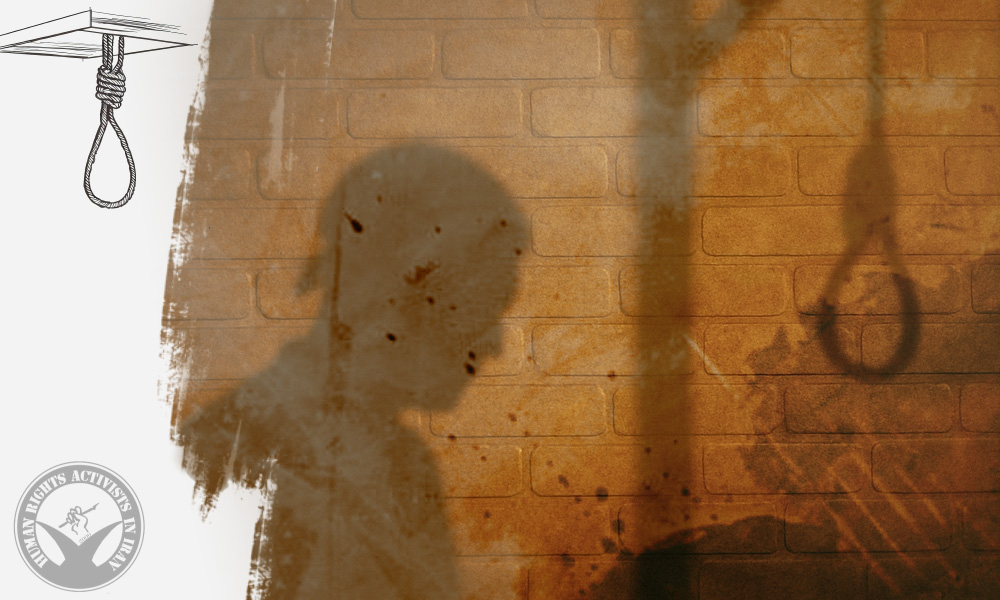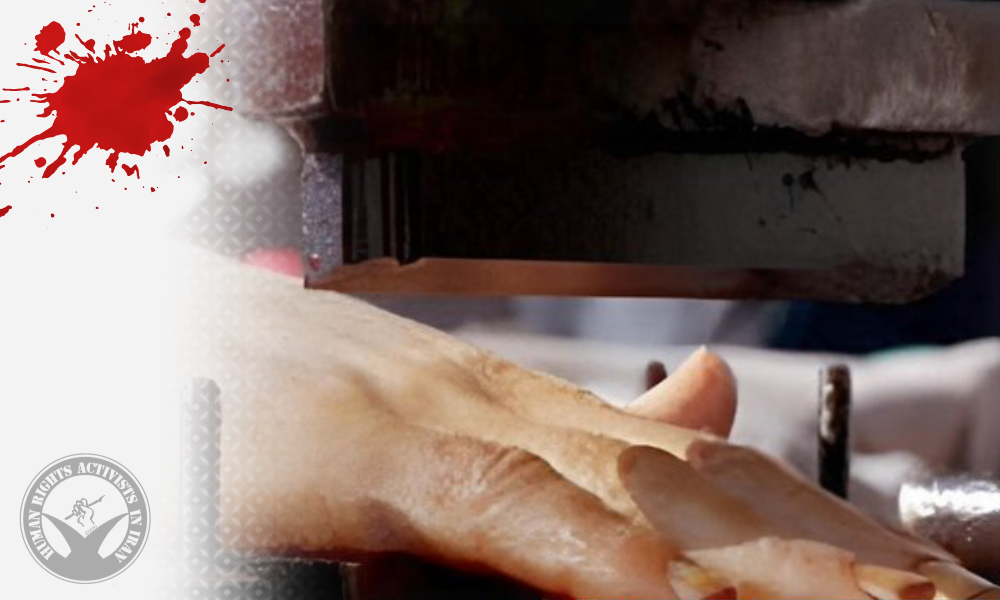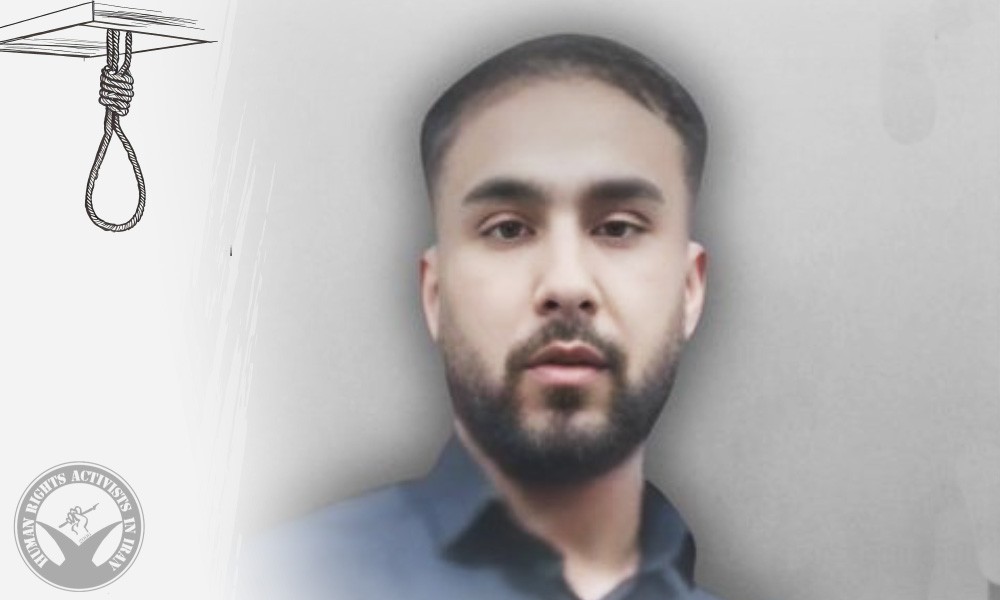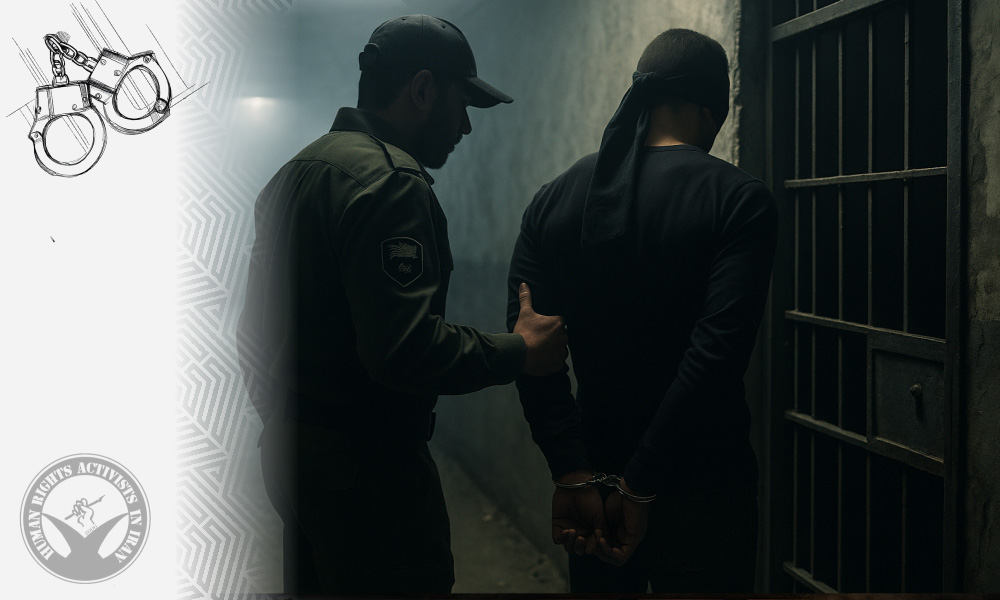HRANA– has compiled this monthly overview to highlight key human rights abuses reported across Iran in July.
Among the most serious human rights violations this month were the execution of two political prisoners, the issuance of death sentences for five others, threats and attacks against political prisoners in Ghezel Hesar Prison, and a rise in casualties from indiscriminate shootings by military and paramilitary forces.
Executions
In July, Iranian judicial authorities executed 103 individuals in prisons across the country. Among those executed was one woman and three Afghan nationals. The gender of 9 of the executed individuals remains unknown, reflecting the lack of transparency and information dissemination by the Iranian regime.
Notably, three of these executions were carried out in public. Since the beginning of 2025, the Iranian regime has conducted six public executions. While public executions had declined in recent years, this year has seen a relative increase in their implementation once again.
Among the most prominent cases was the execution of two political prisoners, Behrooz Ehsani Eslamlou and Mehdi Hasani, on July 27. Membership in the People’s Mojahedin Organization of Iran (PMOI/MEK) was among the charges brought against them.
Also in July, Iranian judicial authorities sentenced 25 individuals to death, including five detainees from the 2022 protests: Rezgar Beigzadeh Babamiri, Pejman Soltani, Ali (Soran) Ghasemi, Kaveh Salehi, and Teyfour Salimi Babamiri.

Prisoners’ Rights
Violations of prisoners’ rights showed an increase compared to the previous month. Eighty-five political prisoners remain in legal limbo. Sixteen political and ideological prisoners were denied adequate medical care. A clear example is the denial of medical treatment to political prisoner Motaleb Ahmadian, held in the Greater Tehran Prison, despite the possibility that he may be suffering from cancer. The fate and whereabouts of 53 political detainees remain unknown.
Thirty-eight political prisoners were sent to solitary confinement, including 17 in Ghezel Hesar Prison. Seventeen incidents of assaults on political prisoners were also reported. On July 27, more than 100 special forces officers from Ghezel Hesar Prison in Karaj, accompanied by Ministry of Intelligence agents, stormed the ward housing political prisoners. Dozens of inmates were beaten, phone lines were cut, and several prisoners were violently dragged in groups to solitary confinement.
According to HRANA reports, in total, 2,374 political and ideological prisoners are being held in poor conditions across Iran. In response to these conditions, 16 of them went on hunger strike this month.
Additionally, during this month, HRANA reported 91 instances of pressure and threats against political prisoners.

Kolbars and Fuel Carriers
This month, indiscriminate shootings by military and security forces resulted in the highest number of casualties since the beginning of the year, with sixteen killed and 28 injured. Among those killed were three kolbars and two fuel carriers. Additionally, five kolbars and three fuel carriers were injured.
In the most serious incident, on July 17, at a checkpoint in Khomein County, gunfire directed at a vehicle led to the death of four people, including a three-year-old girl. Moreover, landmine explosions left over from the Iran-Iraq war caused injuries and fatalities, including the deaths of two children aged 10 and 11 in Shush County.

Freedom of Thought and Expression
The Iranian judiciary issued 14 prison sentences totaling 620 months on charges that reflect clear violations of citizens’ right to freedom of expression. Additionally, a sentence of 30 lashes related to such charges was carried out.

Workers’ Rights
In July, HRANA reported 27 labor protests and 5 labor strikes. Data collected during the month indicates that 37,401 workers are owed back wages. A labor activist named Kamran Sakhtemangar was sentenced to three months in prison on the charge of “propaganda against the regime.”
Workplace incidents also claimed the lives of 26 workers and injured 54 others this month.
Additionally, guilds and unions held 17 protests, and two individuals were summoned to court.
Women’s Rights
In July, HRANA reported three cases of femicide and one case of rape. Additionally, in one incident, a woman was beaten by security forces. There was also a report of an acid attack against women: in one case, a young woman in Tehran was targeted by her brother due to a family dispute and lost vision in one of her eyes.
Children’s Rights
This month, a teenage girl named Ziba Pazireh died by suicide in the city of Dishmok, Kohgiluyeh and Boyer-Ahmad Province. HRANA also reported eight cases of child homicide and one case of sexual abuse. In one incident in Shahroud, a father attacked three children with a bladed weapon, resulting in the death of one and injuries to two others.
HRANA also reported two children injured in workplace incidents and the deaths of two children due to negligence by responsible authorities.
Religious Minorities
This month, six members of religious minority groups were arrested by security agencies. Additionally, there were two cases of summons to security institutions, three trials, two interrogations, one travel ban, and six cases of home searches reported.
In another development, the property of 22 Baha’i citizens in Isfahan was confiscated.
Ethnic Rights
In July, 42 activists and ethnic minority members were arrested by security agencies. Thirty of these arrests were carried out without a warrant. Additionally, five Azerbaijani-Turk activists were put on trial this month.
Inhuman Punishment
This month, the Iranian judiciary issued at least 174 flogging sentences. Additionally, on July 31, authorities carried out the
amputation of the right-hand fingers of three prisoners convicted of theft in Urmia Prison. This form of punishment constitutes a clear violation of the International Covenant on Civil and Political Rights (ICCPR), which explicitly prohibits cruel, inhuman, and degrading treatment.



